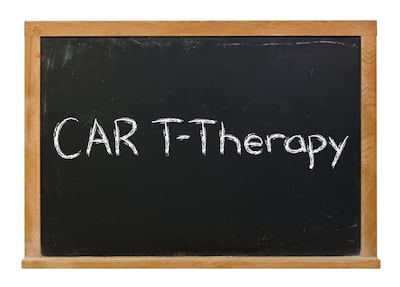Commercial Strategies
The company plans to take Aqneursa to regulators in the US, Europe and elsewhere for ataxia-telangiectasia (A-T), which currently lacks any approved therapy.
Atul Gupta, MD and CMO of Royal Philips’ Diagnosis & Treatment business, shares his views about potential developments in imaging and wider medtech in 2026 and the value of AI. He warns that clinicians will not adopt AI they don’t trust, understand or find helpful in real-world conditions.
A search bar has become one of the most powerful gateways into modern healthcare. The result is a gray zone where advertising practices, consumer trust and public health collide, raising questions about whether digital marketing has outpaced regulation.
Cambridge, MA-based company seeks to create two-sided marketplace connecting care delivery insights with biopharma drug development.
Atul Gupta, MD and CMO of Royal Philips’ Diagnosis & Treatment business, shares his views about potential developments in imaging and wider medtech in 2026 and the value of AI. He warns that clinicians will not adopt AI they don’t trust, understand or find helpful in real-world conditions.
With two late-stage lupus assets finishing recruitment and a newly acquired nephrology franchise running three concurrent Phase III programs, Biogen is making its most significant commitment yet to immunology beyond its legacy MS business.
Collaboration aims to bring two biosimilars for osteoporosis and osteoarthritis to Mexico, with Saya leading commercialization and Enzene overseeing development and manufacturing.
A Delhi High Court has declined Novo Nordisk’s bid to halt Reddy’s ongoing production, allowing exports while patent validity proceeds to trial.
EPO Appeal Board overturns earlier ruling and invalidates Biogen’s 480mg Tecfidera patent, clearing the way for broader dimethyl fumarate competition in Europe.
FDA clears Accord’s first fully in-house biosimilars, with a US launch planned for its denosumab biosimilars in 2026.
Back-to-back FDA nods for generic Restasis and ProAir highlight Amneal’s growing strength in complex sterile and inhalation manufacturing.
With Gilead reporting that both of its approved CAR-Ts saw sales declines as other products saw growth, a mixture of different competitive headwinds seems to be behind the disparities.











